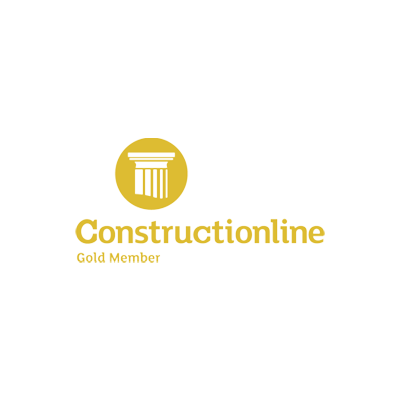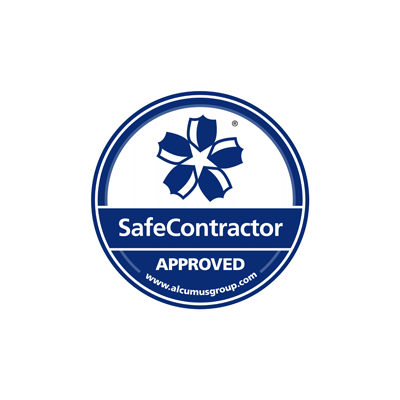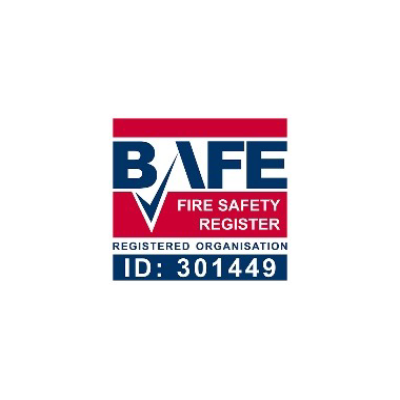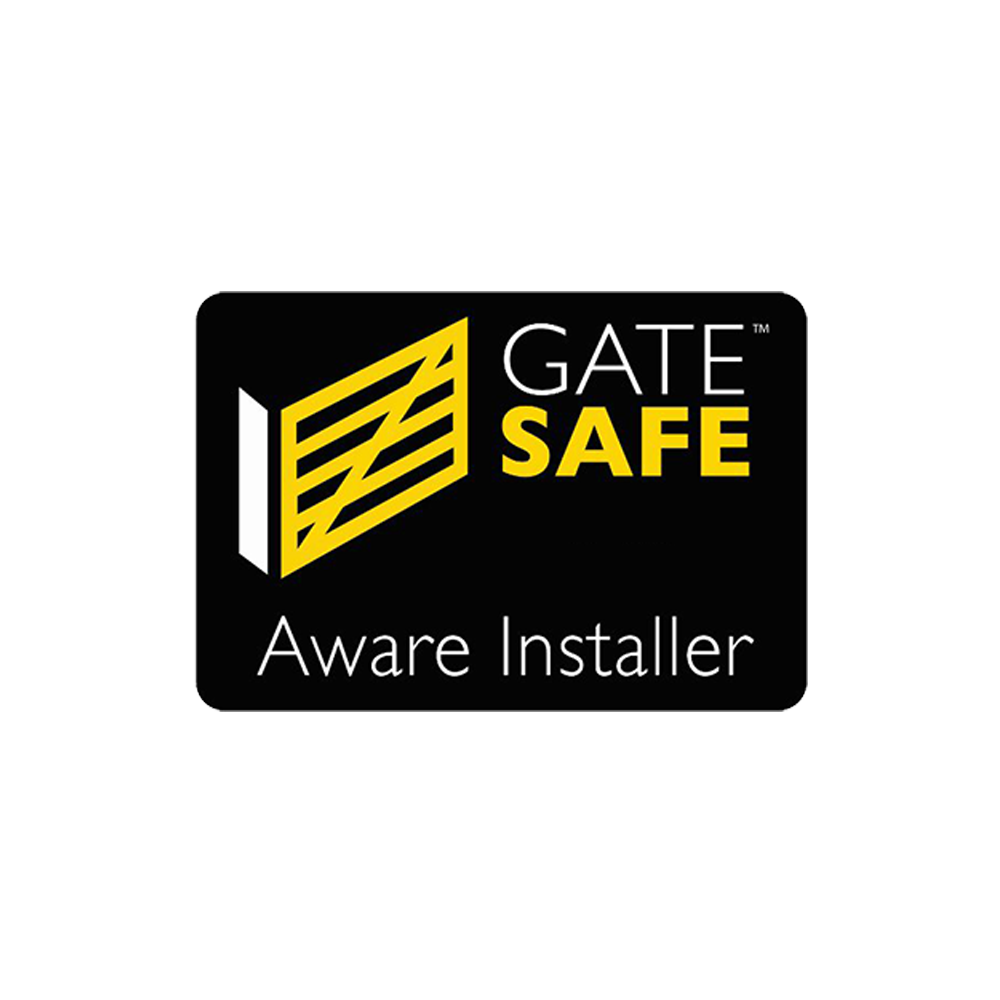Navigating the New Fire Safety Standards: Understanding the 2024 Amendments to Approved Document B
This Spring saw significant updates to Approved Document B of the Building Regulations 2010, a cornerstone of fire safety legislation that impacts both residential and commercial buildings in England. These amendments, which build on previous revisions, underscore a continued commitment to enhancing building safety across the UK. Here’s what you need to know and what it means for the construction and fire safety sectors.
A Closer Look at the Amendments
Approved Document B, split into two volumes — Volume 1 for dwellings and Volume 2 for buildings other than dwellings — has been updated to reflect new safety protocols and building standards aimed at preventing fire incidents and ensuring the safety of occupants.
Increased Stairway Requirements for High-Rise Buildings:
One of the most notable changes is the recommendation for multiple common stairways in buildings that have a storey 18 meters or higher. This revision is designed to offer more escape routes during emergencies, potentially saving lives by reducing bottlenecks and improving flow during evacuations.

Evacuation Lifts:
Another critical update includes provisions for the integration of evacuation lifts. These lifts are intended to assist in the safe and efficient evacuation of residents, particularly those who are unable to use stairs, enhancing accessibility in emergency situations.
Comprehensive Updates:
These amendments are part of an ongoing evolution of the document, which previously saw revisions in 2019, 2020, and 2022. The integration of these updates ensures that all aspects of fire safety are continuously refined to meet current needs and technologies.
Implications for Professionals:
For architects, builders, and fire safety professionals, these changes are significant. They will require updates to training, a re-evaluation of current building projects, and a thorough understanding of how new buildings must be designed to comply with the updated regulations.
Design and Planning:
Building designs will need to incorporate these new requirements from the early stages to ensure compliance and safety. This might affect the overall aesthetics and structure of new high-rise buildings but prioritises occupant safety in fire scenarios.
Safety and Compliance:
Ensuring compliance with the new regulations is crucial. Non-compliance can lead to severe penalties, legal challenges, and, most importantly, compromised safety standards.
Documentation and Record Keeping:
Updated regulations also mean meticulous documentation and record-keeping to ensure all new buildings adhere to the latest standards and can be audited and inspected accordingly, which call for solutions like Drax Technology that allow responsible persons to capture complete audit trails of their fire and life safety events at the click of a button.
Moving Forward
With the full implementation set for September 30, 2026, there is ample time for the industry to adjust to these changes. However, the countdown has begun, and the sooner the new standards are adopted, the better prepared everyone will be. It’s also crucial for professionals to stay engaged with ongoing training and updates from regulatory bodies to keep abreast of any further changes in legislation.
For more detailed insights into each specific amendment, you can view the full document here
This update marks a pivotal step in our journey toward safer buildings and enhanced fire safety protocols. As we move forward, let’s ensure that safety remains at the forefront of architectural innovation and construction practices.
How can Brunel help?
As part of the Obsequio Group, Brunel are a Drax Technology partner meaning we can provide enhanced support at integrating solutions like SafeVue and AMX, products that provide responsible persons with the tools to better manage their compliance and enhance new or existing their fire safety systems. Simply reach out to one of our team to find out more.









